By Rob Blumberg, PT, Clinic Manager
ApexNetwork Physical Therapy – Freeburg, IL Clinic
One of the most common shoulder injuries requiring physical therapy intervention is shoulder impingement syndrome. Patients with shoulder impingement may present with variable pain including at the front, side, or back of the affected shoulder joint, depending on pathology. Pain provocative movements usually involve overhead reaching and maneuvering, forceful lifting, and repetitive overhead athletic or occupational demands including throwing, swinging/hitting (e.g. Volleyball), swimming, etc. Persistent, untreated impingement can lead to pain, loss of functional mobility, decreased
There are typically two types of impingement syndrome. Subacromial or External impingement occurs when one of the rotator cuff tendons becomes caught or “impinged” between the head of the humerus (upper arm bone) and the acromion (lateral margin of the scapula/shoulder blade). In addition to the aforementioned activities, poor posture, decreased rotator cuff strength, poor scapular control, and increased forward rounding of the acromion can trigger impingement syndrome. In contrast to subacromial impingement, internal or “posterosuperior” impingement occurs in overhead athletes, making it more of an “athletic impingement.” The excessive external rotation and abduction during the late cocking phase of throwing leads to adaptive shortening of the posterior rotator cuff and shoulder capsule, anterior joint laxity, loss of internal rotation, and upward & forward translation of the humeral head over time. This can lead to impingement on the posterior labrum of the shoulder and progressive irritation of the rotator cuff and biceps tendon. Internal impingement can lead to labral issues and potential SLAP (superior labrum anterior posterior) tears if untreated.
Physical therapy treatment aims to address postural deficits, posterior capsule stretching, core stability, and isolated strengthening exercises for the shoulder and periscapular region to address impairments related to shoulder impingement. For further questions or to schedule an appointment, please contact your local ApexNetwork Physical Therapy provider.

